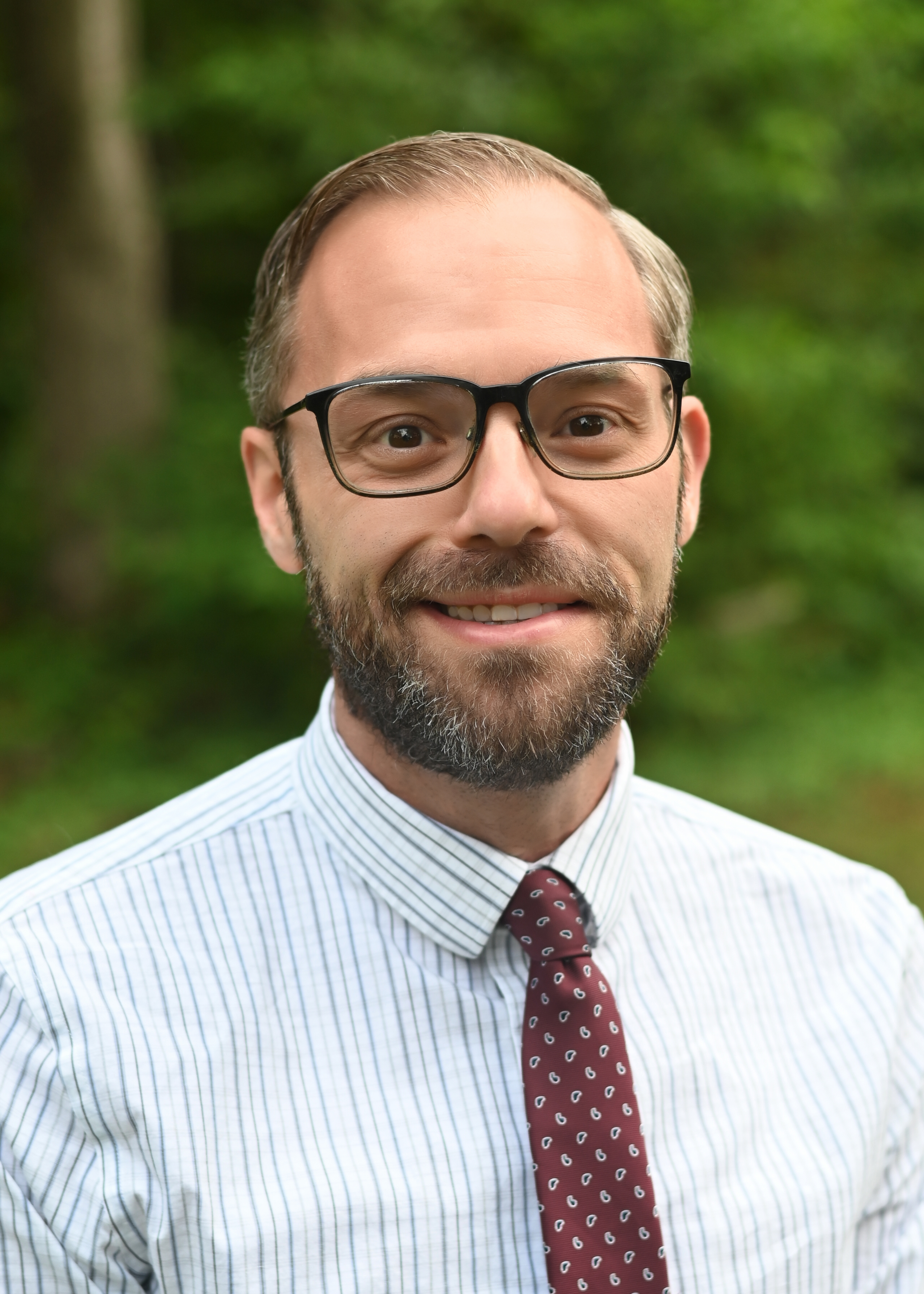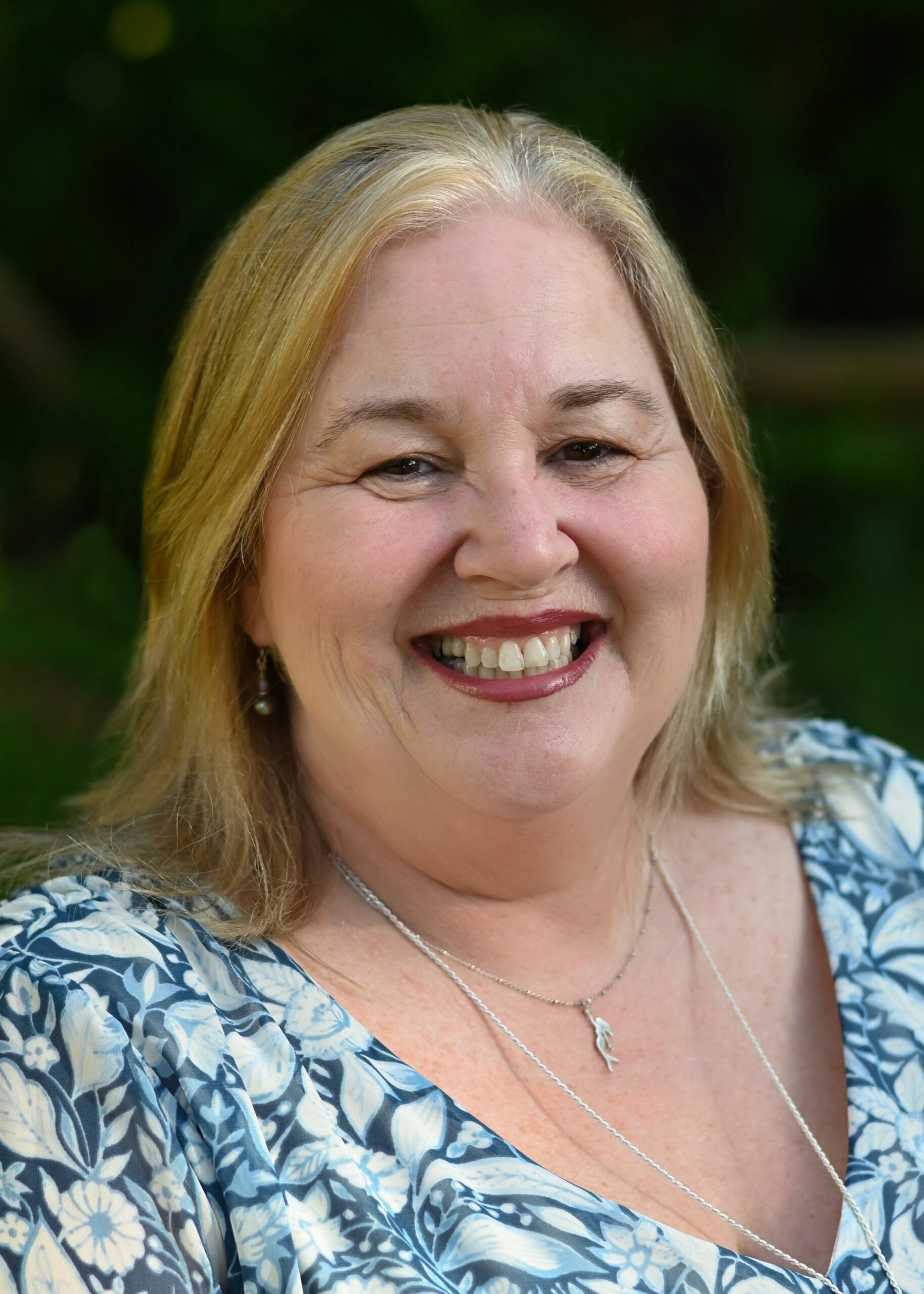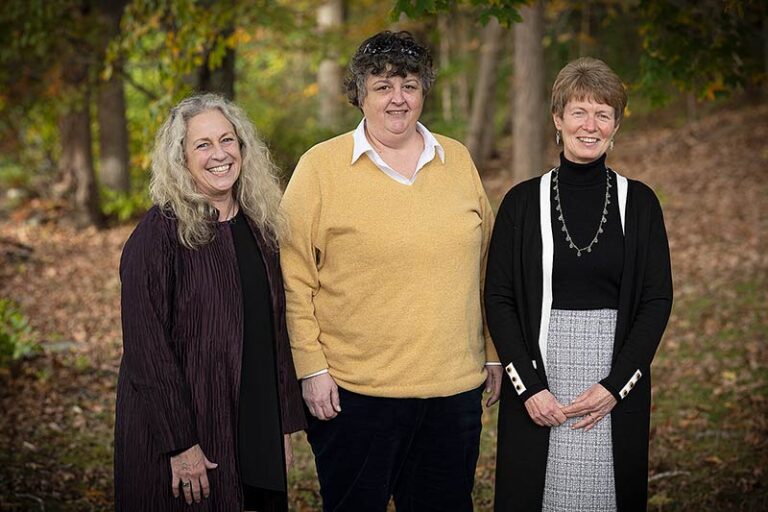For the last decade, video production has been a consistent, valuable, and expanding part of the arts curriculum at Franklin Academy at a time when moving images have never been more culturally relevant in our daily lives. On a yearly basis, students have the opportunity to enroll in video production classes at both the introductory and advanced levels. The introductory course highlights the traditional three-stage process of filmmaking, with the pre-production stage commencing with idea development, the production stage examining image composition, and the post-production stage experimenting with the possibilities of non-linear editing on Adobe Premiere Pro. The advanced seminars focus on the in-depth exploration of specific skill sets, such as editing strategies and soundscape design, to facilitate growth in these areas through nuanced creative decisions and technical choices. These seminars also allow students to pursue their own cinematic interests, such as 2-D animation with Adobe After Effects, drone and time-lapse photography, and narrative storytelling.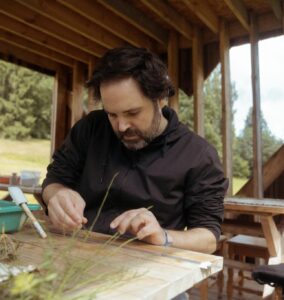
Throughout the years, many students have flourished in the flexible classroom environment that video production offers. Whether it is due to the freedom allowed within each project, the ability to move in and out of the class to capture imagery across campus, or the success that comes with producing an excellent flick that is recognized at the school’s annual film festival, these confidence building experiences continue to repeat themselves. While creative expression is the primary goal of all course assignments, there are multiple skills embedded within the filmmaking process that students can successfully execute because they are couched within this high-interest, artistic frame. A student’s executive functioning skills are fully on displaywhile making a film due to all of the multi-step tasks that exist between the moments of initiation and completion. Students who are driven to make traditional narrative or non-fiction projects must also rely on support from community members in the roles of actors or documentary subjects to bring these plans to fruition, and the additional steps of communication, scheduling, and coordination push each student’s executive functioning skills further. With repeated practice, these filmmaking skills become more generalized to all classes and beyond.
With that said, one of the common trends amongst Franklin Academy video production students is to create work in isolation where they are managing all aspects of the creative process, whether they are producing an experimental video, a digital animation, or a found footage essay. As an independent, experimental filmmaker with an established cinema practice, I am also guilty of making the majority of my films in isolation. However, since travel resumed after the start of the COVID-19 pandemic, it has been a priority of mine to increase networking and collaboration within my own practice through frequent attendance at film festivals and participation in artistic residencies. Most recently, I attended Baltic Analog Lab’s BAL Summer School in Latvia to participate in analog film workshops, share my 16mm films during evening screenings, and collaborate with a group of artists on an expanded cinema piece that was presented to the public as the week-long residency’s culminating moment.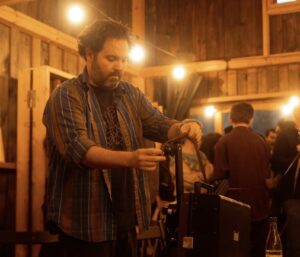
As Franklin Academy’s video program moves into its second decade, I will model this collaborative learning experience for all community members involved and emphasize the social skills associated with filmmaking that I am also personally utilizing with increased intent. New initiative ideas include a collaboration with Arts Department Co-Chair Matt Landry-McWilliams and his performing arts students to create originally scripted narratives, a mid-year 24-hour film festival competition requiring members of each participating group to engage in creative tasks on both sides of the camera, a camera-less analog animation class that introduces 16mm filmmaking to the school’s arts curriculum, and an alumni event celebrating standout works from the school’s video archives at a Best of Franklin Academy Film Festival. Filmmaking is a social tool, and at Franklin Academy, it will be employed to allow students to not only better understand their own thoughts, emotions, and beliefs through their expressions of cinema, but also to promote flexible thinking, problem-solving, and perspective-taking.


